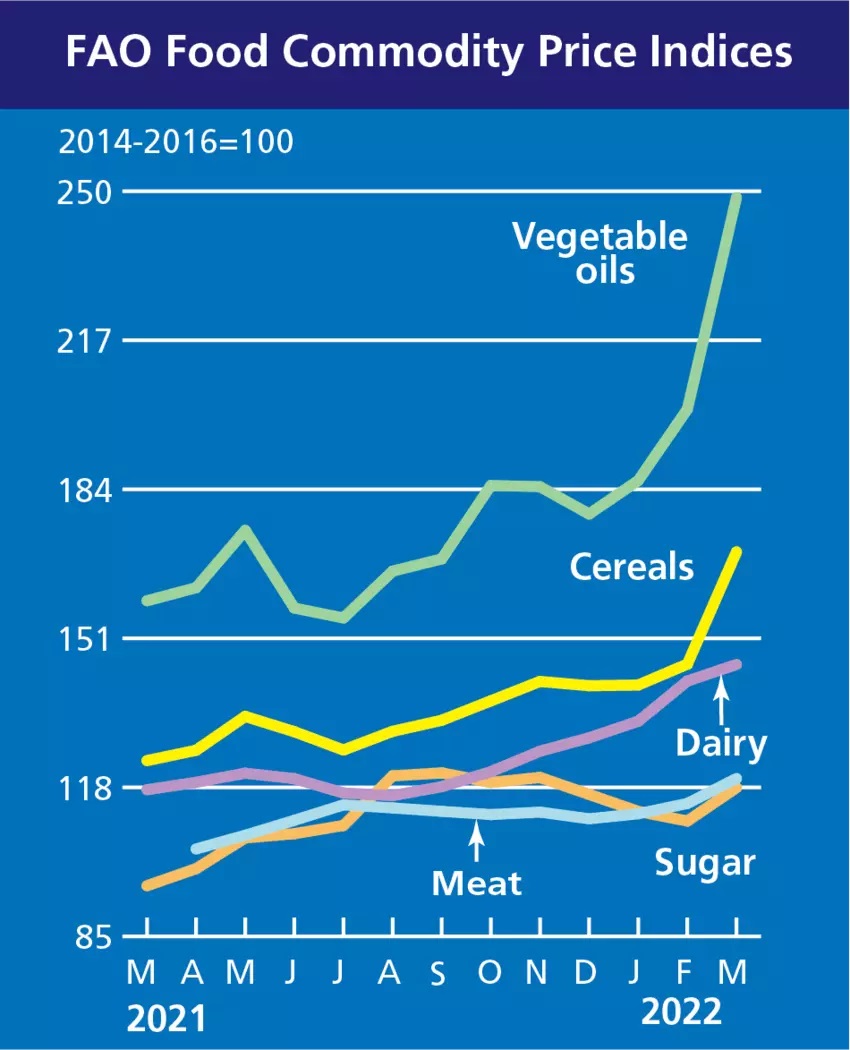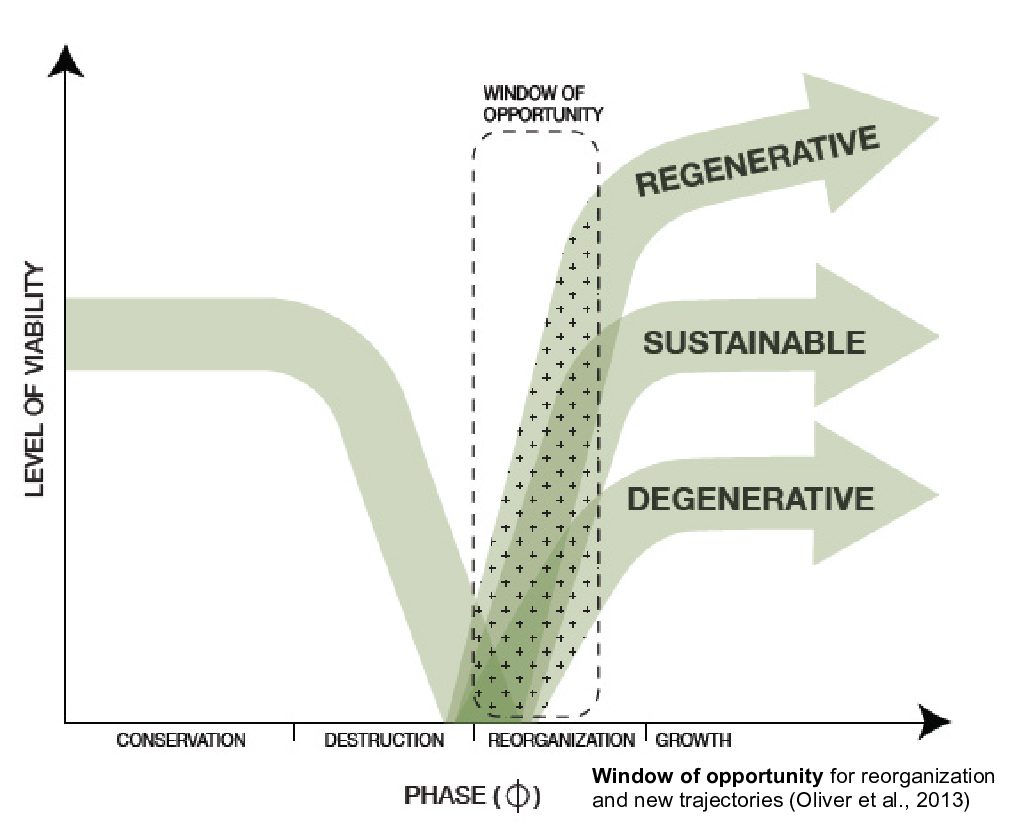The ecological transition can be challenging requiring higher levels of agility, resilience and focus. Agility is key to adapt quickly and identify creative ways to survive and operate in the digital age. However, this doesn’t mean to compromise on our overall vision or the quality of our services. Such fundamental values and principles are beneficial, both in time of peace or uncertainty. “The time is always right to do what is right” (Martin Luther King, Jr.).
Investing in trusted partnerships is vital, beyond the current situation of ambiguity. A stronger focus on the shared purpose can strengthen teamwork and connectedness. Towards developing exceptional teams and high-performance organizations.
Holistic management is key to balance social, environmental and financial sustainability. “A supply chain is only as strong as its weakest link”. Hence, a process of continuous improvement is required that addresses the weakest link of a farm, organization or enterprise. With regard to teamwork and partnerships, the success of the entire network depends on the success of each individual member of the group.
The ecological transition requires a broad range of services and innovations. The good news is that more and more organizations are now promoting an ecological transition. Which opens a wide window of opportunity for private and public organizations, as well as for regenerative start-ups.
Agriculture can either be part of the problem or the solution, regarding landscape degradation, biodiversity loss and climate change. We need farming systems that restore soils and secure food production, while being resilient against the impacts of climate change.
Agroforestry is a climate-resilient farming system that mimics natural ecosystems. It facilitates the creation of productive and diverse agroecosystems, with improved pollinator and wildlife habitats. Agroforestry systems can not only increase yields, but also withstand weather extremes, regulate water cycles, sequester carbon and reduce greenhouse gas emissions. Hence, they can both – mitigate and adapt to climate change.
Hence, despite the extraordinary challenges there is hope that we can achieve both economic viability and long-term resiliency. Through greater agility, regenerative development strategies and higher levels of collaboration. And last but not least, through cultivating personal growth, emotional balance and organizational resilience.
This is our general perspective, regarding the growing turbulence of the world we live in. If you think, it’s high time to co-develop your own strategy towards resilience and abundance, contact us today.



